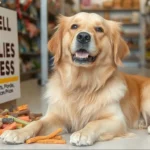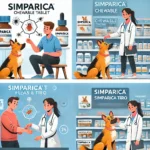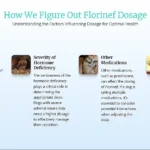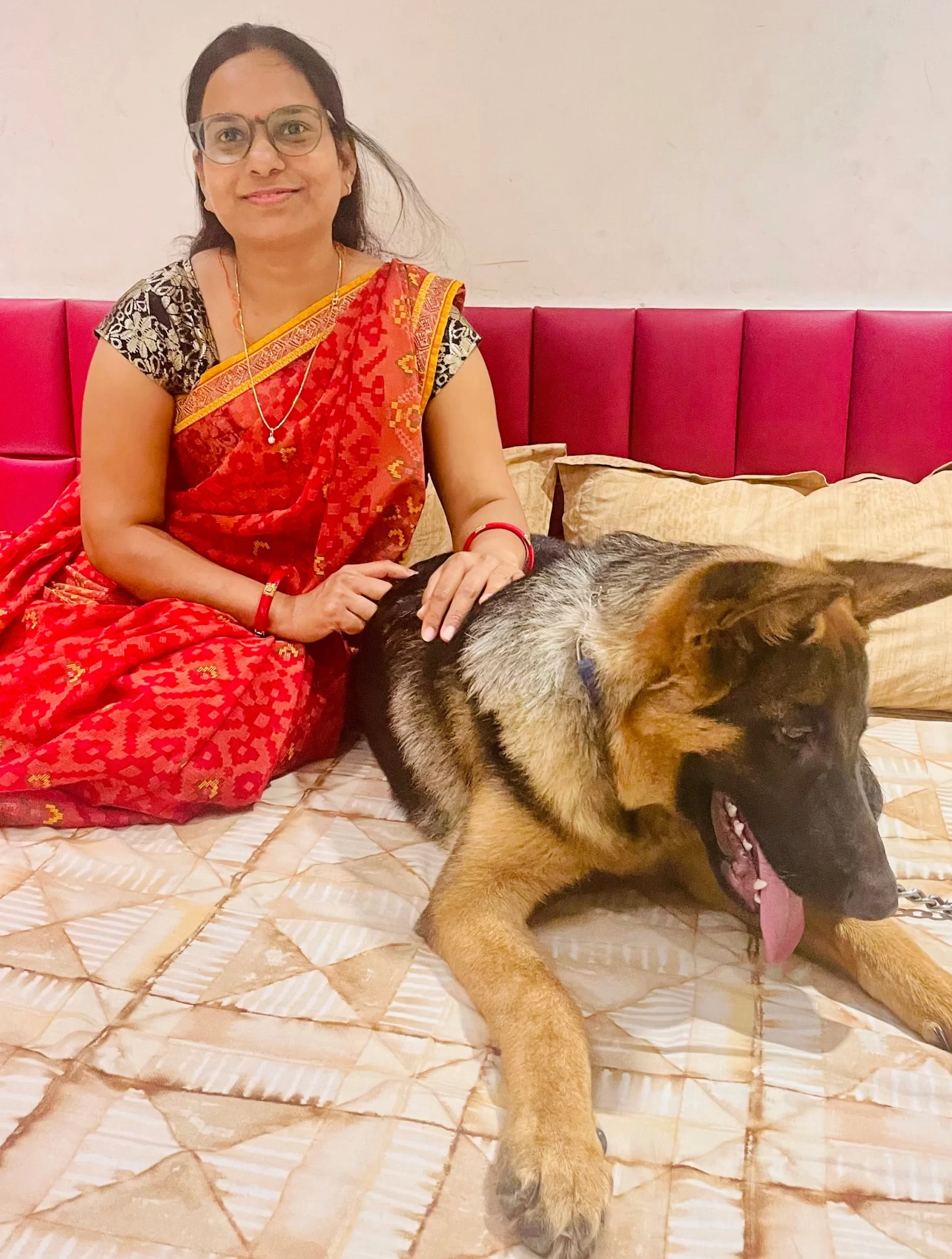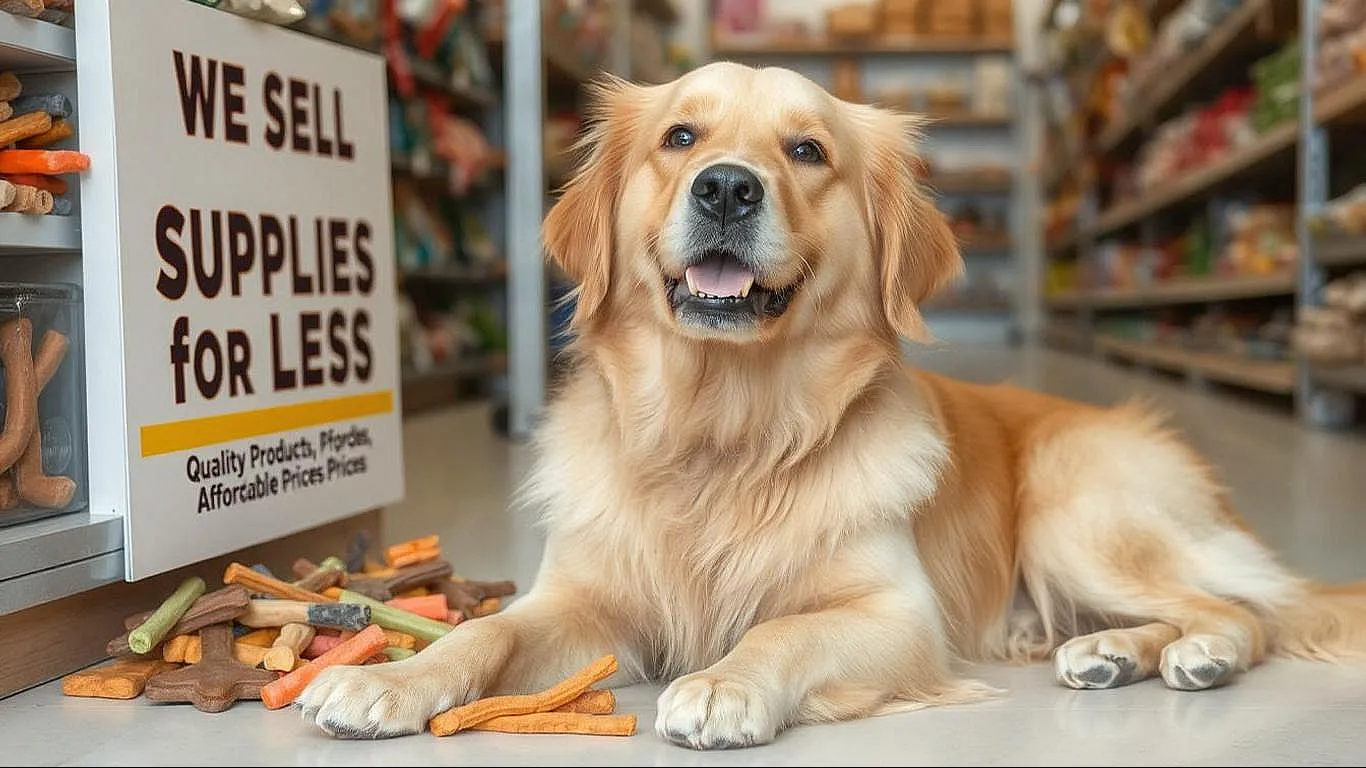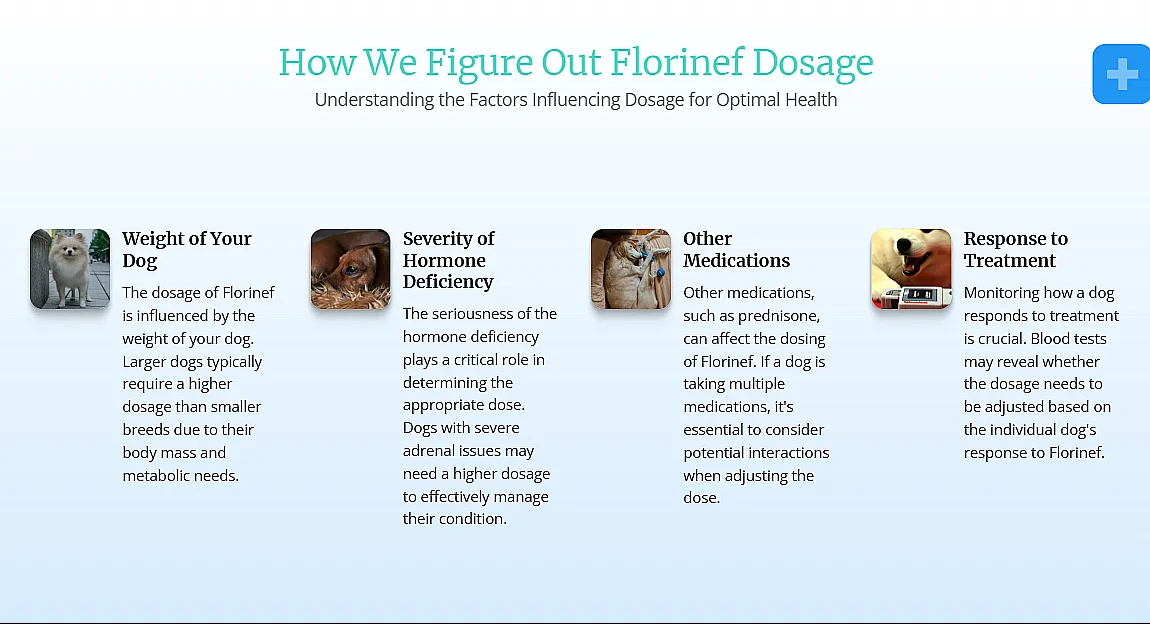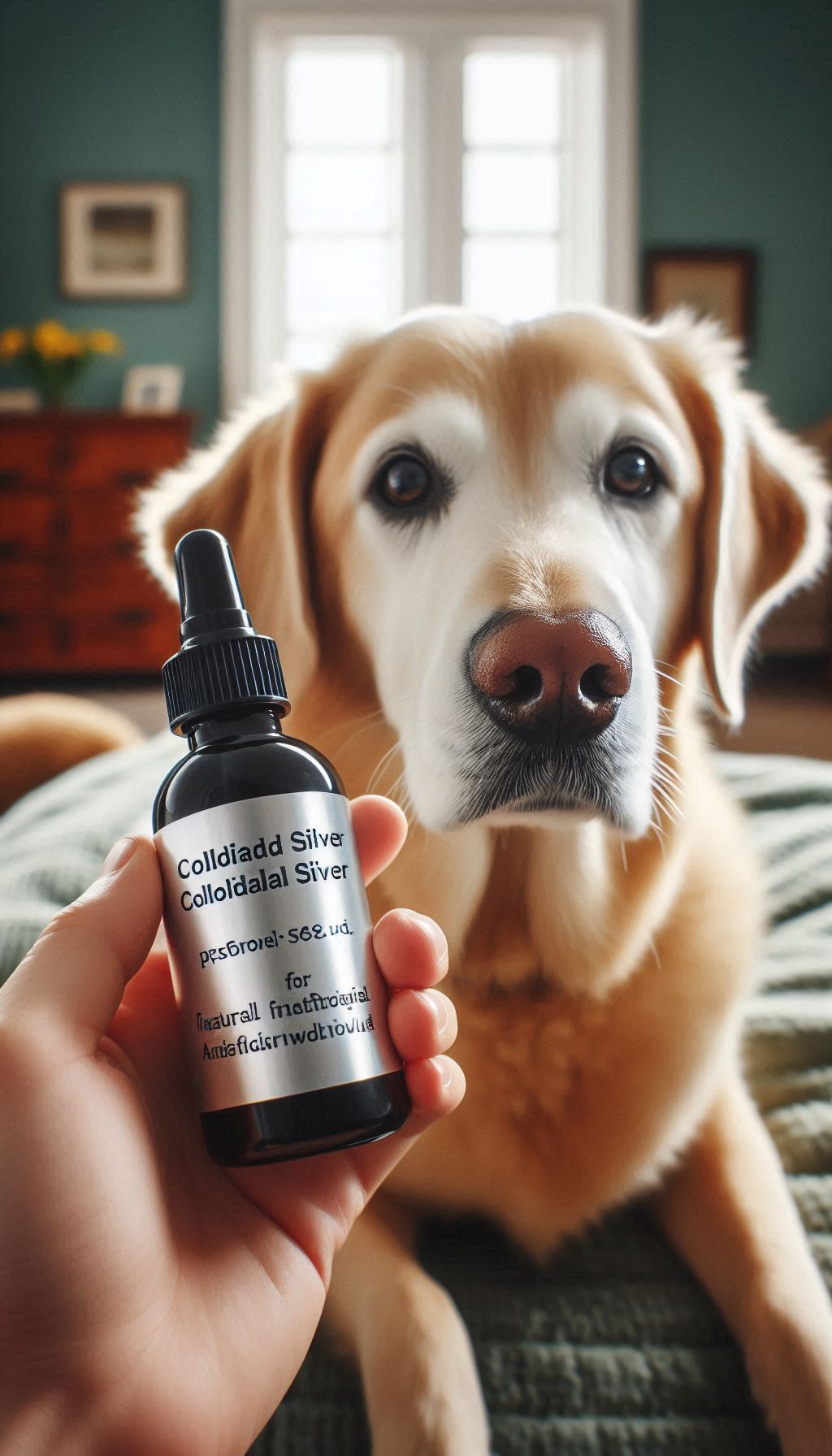Imagine this: it’s a chilly evening, you’re curled up on the couch with a steaming bowl of ramen noodles in your hands, and your furry friend is giving you those “puppy eyes” that seem to say, “can I have some too?”
As a dog owner, you want to share everything with your beloved pet, but when it comes to food, it’s crucial to know what’s safe for them to eat.
So, can dogs eat ramen noodles? It’s a question that may seem trivial at first, but the answer could mean the difference between a happy, healthy pup and a trip to the vet.
In this blog post, I will dive deep into the world of canine nutrition and explore whether or not it’s safe to share your favorite noodle dish with your four-legged friend.
Get ready for some surprising revelations and important insights that every dog owner needs to know!
Are Ramen Noodles Safe For Dogs? (quick answer)
Ramen noodles are generally safe for dogs to eat, provided they are given in moderation. However, it is important to note that packaged or instant noodles contain additives and preservatives, which can cause digestive issues for your pooch. It is best to feed homemade noodles or plain ramen noodles in small amounts, without added ingredients like onion and garlic.
What are Ramen Noodles?
Ramen noodles are a type of Japanese-style wheat noodles that are typically served in a broth.
They can be either fresh or dried and usually come with a variety of seasonings and toppings.
They are widely available in supermarkets and convenience stores, and can also be found in many restaurants.
Ramen noodles are made from wheat flour, salt, water, and oil, and are often flavored with soy sauce or miso paste.
The noodles have a chewy texture and taste best when cooked in boiling water for several minutes.
Nutritional value of Ramen Noodles
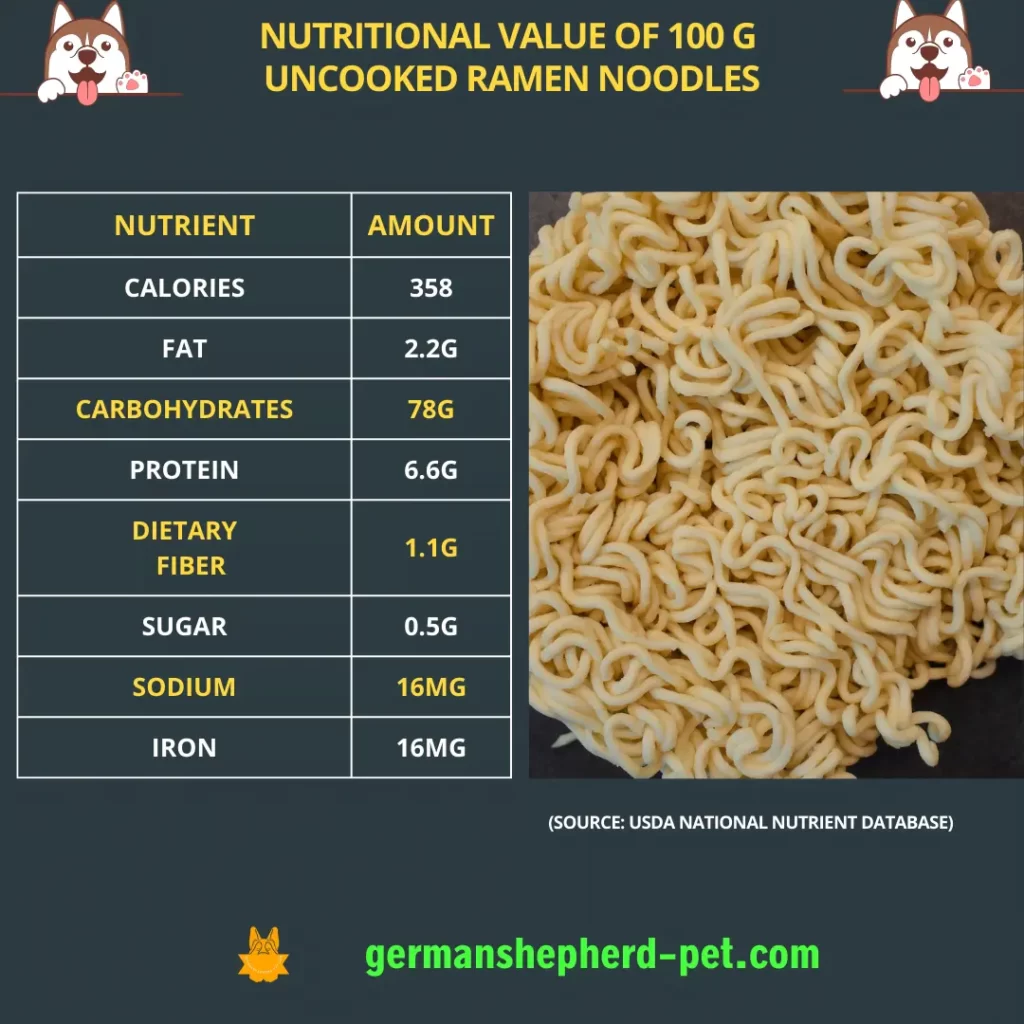
Can Dogs Eat Ramen Without the Seasoning?
Yes, dogs can eat ramen without the seasoning. However, it is not advisable to feed them with readymade flavoring packets as they contain ingredients such as garlic and onion which can be toxic to dogs.
It is best to prepare the noodles at home without these added ingredients. Plain ramen noodles can be occasionally offered in small amounts as a treat, but it is not suitable for large quantities.
Ramen noodles are not typical in a dog’s diet because his stomach acid is designed to break down large pieces of meat and bone instead. Therefore, it is best to offer your dogs other healthier food options instead.
Can Dogs Have Raw Noodles?
While raw ramen noodles or cooked noodles are not harmful to your pet, it is best to stay away from them.
Dogs may find it difficult to digest raw noodles due to their crunchy texture. Even though raw noodles are not dangerous for your dog, it is best to avoid them.
If you would like to give your pup a special treat, you can feed them a small quantity of well-cooked noodles.
Video: Pug Eating Noodles
Are Instant Ramen Noodles Bad For Dogs?
No, instant ramen noodles aren’t bad for your dog, but they shouldn’t be a regular part of his diet.
Instant ramen noodles usually contain added salt and other seasonings that can be dangerous for your dog.
They also lack the nutritional value to benefit your dog, so it’s best to avoid feeding them instant noodles as much as possible.
Although they won’t cause any harm if eaten occasionally, it’s best to avoid them altogether and provide your dog with healthier alternatives like cooked meats and vegetables.
What Should You Feed Your Dog Instead of Ramen?
Additional Resources
As I’ve mentioned, dogs shouldn’t eat ramen noodles. However, if you’re worried about your pup getting enough nutrients, there are other options. Here are some additional resources to help you find safe and healthy alternatives for your pup.
The American Kennel Club has a list of human foods that are safe for dogs to eat. They also have a list of foods that should never be given to dogs, which includes ramen noodles.
The American Veterinary Medical Association provides a list of foods that they recommend avoiding when feeding your dog. The list includes all types of instant noodles, including ramen.
The Humane Society also offers some helpful advice on what to feed your pup instead of ramen noodles. They suggest opting for whole-grain cereals, oatmeal, and brown rice as healthier carb alternatives.
Finally, the American Society for the Prevention of Cruelty to Animals (ASPCA) provides a detailed list of human foods that are safe or toxic for dogs to consume. This list is a great resource for pet owners looking to make sure their pet is eating properly.
These resources offer helpful tips and guidelines for feeding your pup in a healthy way. As always, if you have any questions or concerns about what you should feed your pup, it is best to consult with your veterinarian first before trying any new foods.
Final Thought
While it may be tempting to share your ramen noodles with your furry friend, it’s essential to keep in mind that dogs have different nutritional requirements than humans.
Some ingredients commonly found in ramen noodles, such as onions and garlic, can be toxic to dogs and cause serious health problems.
While other ingredients, such as plain noodles and lean meats, can be a healthy addition to your dog’s diet in moderation.
Ultimately, as responsible dog owners, it’s up to us to ensure that our pets are getting the proper nutrition they need to thrive.
And while it may be hard to resist those big puppy eyes begging for a taste of your ramen, sometimes it’s better to err on the side of caution and stick to dog-friendly snacks.
So, the next time you’re enjoying a warm bowl of noodles, remember that your dog may be better off with his own healthy snack. And always consult with your vet before introducing new foods into your pet’s diet.
As with many things in life, balance and moderation are key. And with the right knowledge and care, you can ensure that your furry friend lives a happy and healthy life filled with love and tasty treats!



